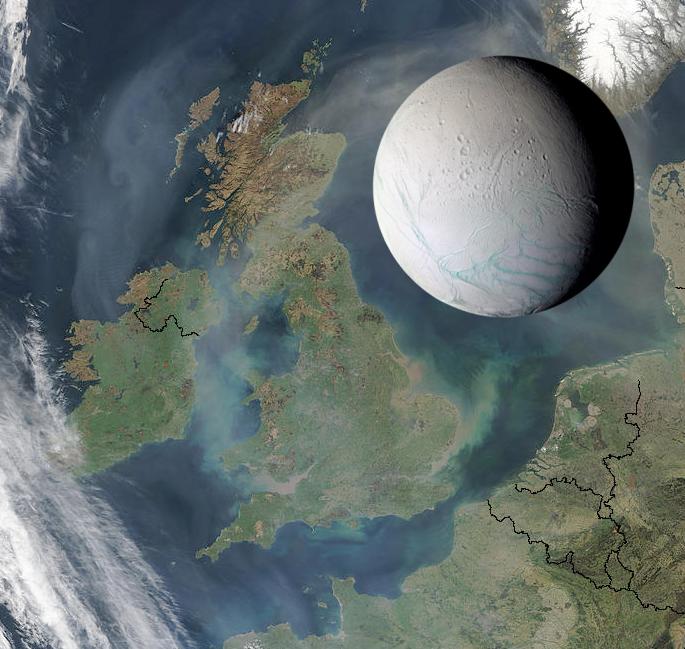Complex organic molecules have been discovered originating from one of Saturn's moons, Enceladus, adding to its potential to support life, researchers said on Wednesday.
The Cassini spacecraft first flew close to the ice-covered moon in 2005 as part of a mission to gather data on Saturn that will be analyzed for years to come.
A team led by Frank Postberg and Nozair Khawaja of the University of Heidelberg in Germany said they had identified fragments of large organic molecules in ice grains that were ejected from geysers through cracks in the moon's icy exterior.


















With your current subscription plan you can comment on stories. However, before writing your first comment, please create a display name in the Profile section of your subscriber account page.